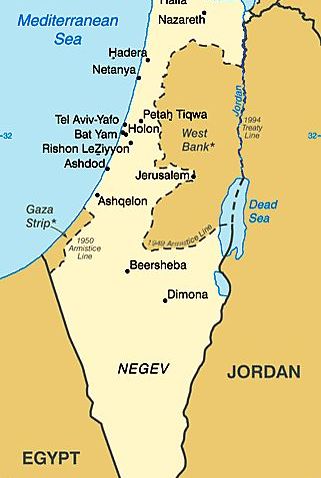Now what? Is this anyone's idea of how things would turn out in the yet-to-be-born Palestinian state? After three days of a vicious civil war in the Gaza strip, the Islamic militants of Hamas routed their rivals of the more secular Fatah. In the process, they killed scores of Palestinians. They terrorized their own people, and they made a questionable future even more uncertain. When Hamas gunmen took over the Gaza headquarters of Fatah and emptied file cabinets into the street, what came flying out the window were the best laid plans of politicians and pundits for a future Palestinian state. If elections came today, Hamas would probably not fare as well as it did in January 2006, when it emerged as the leading party in the Palestinian Parliament. By killing peaceful demonstrators, throwing enemies from rooftops, shooting off kneecaps, firing inside hospitals, the supposedly devout Muslims of Hamas showed a side that will surely lose them some votes. On the other hand, Fatah, hardly clean, again looked incompetent and ineffectual. After all, it lost Gaza. The carnage between the two sides should not have come as a surprise. The ingredients for the recipe only needed a little stirring. Hamas wants an Islamic state, and it has steadfastly rejected Israel's right to exist. Fatah, on the other hand, always adhered to a more secular vision and its leadership gradually and reluctantly agreed to recognize Israel and negotiate peace. The competing ideologies left little room for compromise. Pour in Gaza's explosive birth rate, a radical theology that justifies resolving disagreements at the point of a gun or with a suicide belt, then add massive smuggling of weapons across the border with Egypt. The pot had to explode.
<<ad>>
The much-touted two-state solution -- one Israel and one Palestine, living side by side in peace -- now looks like a relic of simpler times. Now we seem to have a two-state dissolution: two Palestinian entities, Gaza and the West Bank, each ruled by different governments with sharply different ideologies. Palestinian President Mahmoud Abbas says he has dissolved the Hamas-led government. Hamas rejects the decision, but the two sides' differences will not easily disappear. So now what? A three-state solution?
The Middle East: Now a Three-State Solution?

